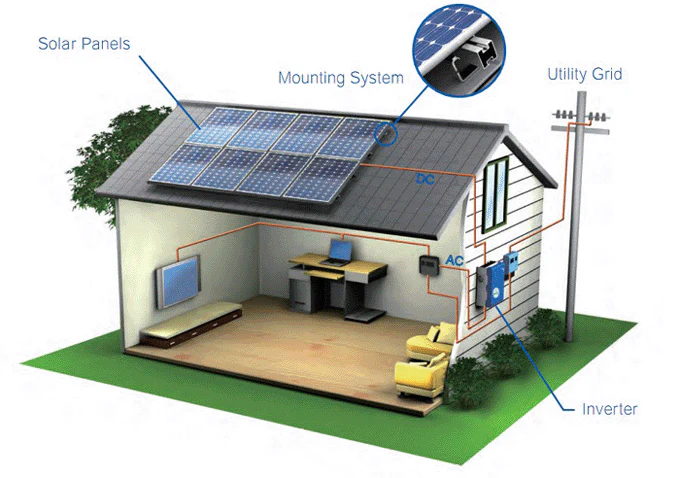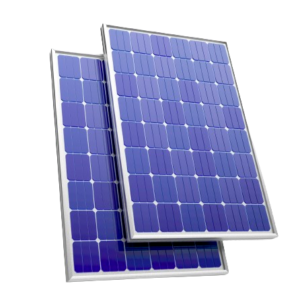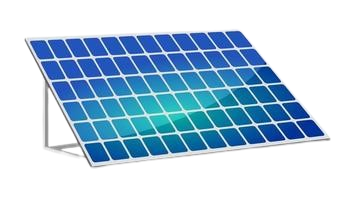Analyze past year’s energy bills to determine base energy consumption.
Interview the homeowner to learn about current solar system
Explain the audit process.


A home solar audit helps you pinpoint where your home can improve in terms of solar energy efficiency. A trained auditor will evaluate your home’s solar setup and suggest improvements to maximize energy savings and reduce your bills.
A solar audit includes two parts: the home assessment and the solar system inspection.
Below are some tools energy auditors use to inspect a home’s solar efficiency
To access rooftop solar panels
To access rooftop solar panels
To inspect solar panel connections.
To document solar system components.
For Taking notes.
To detect hotspots on solar panels
To measure the output of solar panels.
For checking difficult-to-reach areas
To measure the tilt angle of solar panels.
To check for water damage that might affect solar installations.

Certified home solar auditors should go through the following steps in a home solar audit
Analyze past year’s energy bills to determine base energy consumption.
Interview the homeowner to learn about current solar system
Explain the audit process.
Conduct exterior inspection of solar panels.
Inspect solar inverter and other electrical components.
Check for shading issues affecting solar panels.
Assess electrical system for safety concerns.
Measure solar panel output efficiency.
Inspect for any signs of damage or wear on solar panels.
Provide a comprehensive solar efficiency report.


Solar panels still generate electricity on cloudy days, although at a reduced rate.
Before making individual solar efficiency upgrades, it’s important to understand how your home utilizes solar energy. A home solar audit is the first step to maximizing energy savings and reducing your utility bills.
Sometimes called a solar energy assessment, a home solar audit helps you understand your solar energy usage, identify where energy is being lost, and prioritize efficiency upgrades. Implementing the solar efficiency upgrades identified in a home solar audit can save you 5-30 percent on your monthly energy bill while also ensuring the optimal performance of your solar system.
During a professional solar audit, a solar assessor analyzes your energy bills, completes visual inspections of your solar setup, and may use special equipment—such as a watt meter and an infrared camera—to detect sources of energy loss. The comprehensive solar audit will provide you with a detailed report outlining the best efficiency upgrades for your home and your potential energy savings.
Learn how to find a certified solar assessor and if your state or local utility offers free or discounted home solar audits. Be sure to look for a Home Performance with ENERGY STAR participating contractor—they’re specially trained to conduct a whole-house solar assessment and help you determine how efficiency improvements will work together.
While not as thorough as a professional solar audit, you can conduct your own simple home solar assessment. A do-it-yourself solar audit can help you identify some of the low-hanging fruit in terms of solar efficiency upgrades. If you’re curious about how much you could save by making certain upgrades, check out online home solar audit tools available for free.
Remember, the home solar audit is only the first step to reducing your energy bills. Implementing the recommended solar efficiency upgrades is what leads to substantial energy savings.
Get our $32,000 Home Improvement Tax Credit Guide